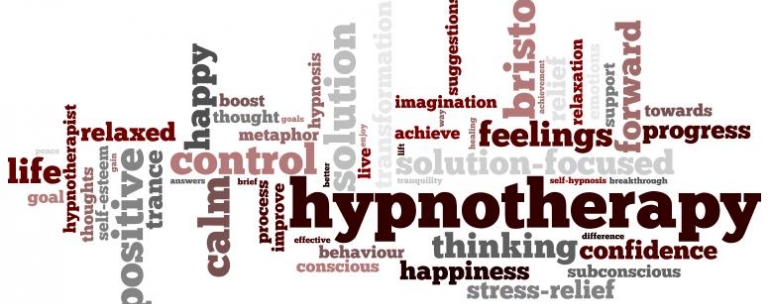The Myths and the Facts about Hypnosis

The Myths and the Facts about Hypnosis
Myth #1: The Hypnotist will be able to control my mind.
Fact: No one can control your mind, unless you let them. Your Hypnotherapist will give you suggestions that you want to be given, based on the Pre-Hypnotic Interview. At no point during your session will you lose control of your mind. If you hear a suggestion that you don't agree with, or don't understand, your subconscious mind will automatically reject it.
Myth #2: If I become hypnotized, I may not be able to snap out of it; and/or Hypnosis is Dangerous.
Fact: Hypnosis is very safe and is in fact, a state of hyper-awareness. In an emergency, a person would naturally be able to come out of the Hypnotic state by opening their eyes and stretching or speaking.
Myth #3: I have never been in Hypnosis before.
Fact: Many people think they’ve never been hypnotised since they’ve never been to a hypnotherapist. In reality, most of us have experienced a state of mild hypnosis, at least.
For example, when you drive a long distance and start to feel dissociated from your body and the car, that’s a mild state of hypnosis. Your unconscious is taking care of all the mechanical aspects of driving while you conscious mind is free to float around; Or if you’ve every meditated then you’ve hypnotised yourself- Meditation is a specific type of hypnosis.
Myth #4: I can't be hypnotized because my mind is too strong/ disciplined.
Fact: this is an archaic belief that has, in recent times, been proven untrue. It was thought, long ago, that only 50% of the population could be hypnotized. Over the last 30 years, researchers developed methods to induce hypnosis in most people. During your first session, we will be able to determine what type of suggestibility you have, and hence, how to hypnotize you. Because it is your decision to use Hypnosis for self-improvement, your mind has already accepted the idea of Hypnotherapy.
In brief, hypnosis is, perhaps, one of the most misunderstood and controversial methods of psychological treatment. The fact is, however, that hypnosis is a genuine psychological phenomenon that has valid uses in clinical practice. Simply put, hypnosis is a state of highly focused attention or concentration, often associated with relaxation, and heightened suggestibility. While under hypnosis (i.e., in a hypnotic trance), it seems many people are much more open to helpful suggestions than they usually are. Contrary to popular belief, people under hypnosis are in total control of themselves and would never do anything they would normally find highly objectionable.
Hypnosis can help you: Quit Smoking or Overeating, Pain control, Sleep Disorders, Stress, Post-trauma Anxiety, Grief and Loss, Phobias, Fears and Anxiety.
